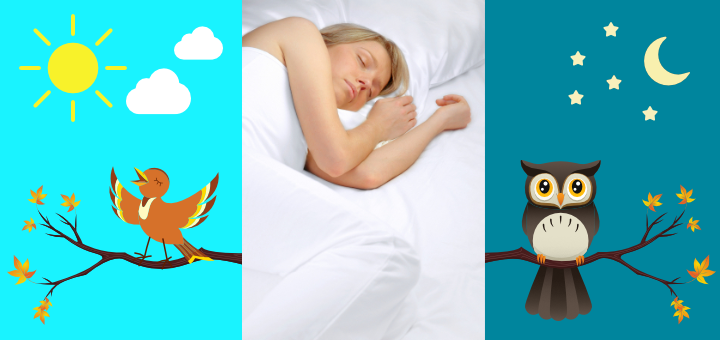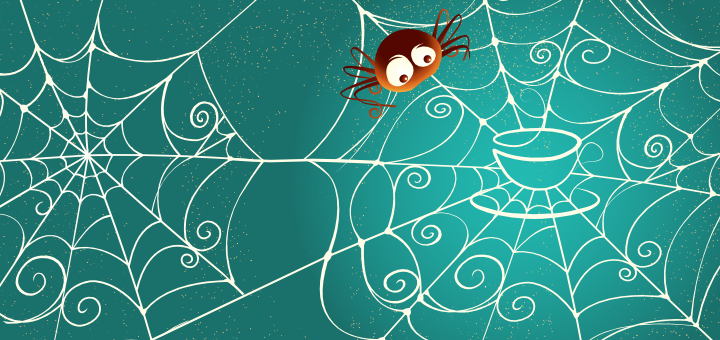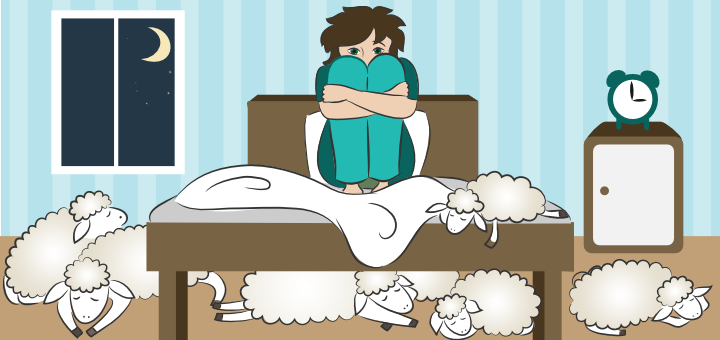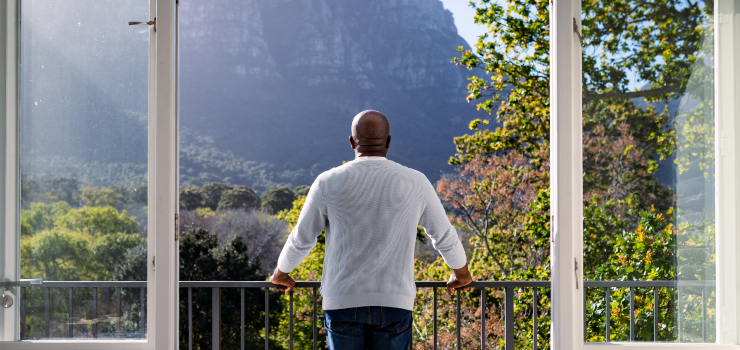Are you in sync with your body clock?

Many years ago, I had a student who was blind. He came to my afternoon yoga classes regularly and sometimes we got to talking about this and that. One time, he mentioned that yoga helps him to keep a very consistent daily routine to make sure that he doesn’t get insomnia. Curious, I asked why it was more important for him than for everybody else, which led us to an interesting discussion of human circadian rhythms and the effect that daylight has on them.
Every living creature on the planet with a lifespan of more than a few days generates a circadian rhythm (circa means “around,” and dian is a derivative of diam that means “day”). Each one of us has this 24-hour internal clock that signals when we need to be awake and when we need to sleep. It also controls other rhythmic events in our lives: eating and drinking, core body temperature, metabolic rate, release of different hormones, and so on.
Initially, it was thought that circadian rhythms were linked to exposure to the sun, but in 1938, two researchers (N. Kleitman and B. Richardson) disproved that point. They literally went and lived in a cave for 32 days without any hint of sunlight and recorded their own body temperatures, as well as their waking and sleeping cycles. They were curious: if disconnected from the daily cycle of light and darkness, would their biological patterns become erratic, or would they remain the same? In the course of this study, they made two ground-breaking discoveries.
First of all, both researchers continued to exhibit the same predictable pattern of prolonged wakefulness (about 15 hours), followed by a period of sleep (about 9 hours). This meant that the circadian rhythm was not dependent on the exposure to sunlight. Second, they discovered that their daily cycles were not precisely 24 hours. The 24-year-old researcher developed a sleep-wake cycle of about 26-28 hours, and the 40-year-old researcher had a cycle of slightly longer than 24 hours. This means that for each of us, the internally generated “day” is a bit longer, and for some, it is longer than others. Subsequent studies have shown that the average duration of the human circadian clock is about 24 hours and 15 minutes. It doesn’t seem like that much of a difference, but over days and months, this difference accumulates unless the daily cycle of the sun corrects it. Since most of us don’t live in the cave, the light of the sun resets our internal clocks each and every day. Daylight is the most reliable, regularly repeating signal that we perceive in our environment.
This is exactly what was NOT happening for my student, who could not see. Disconnected from the cycle of light and darkness, his internal clock was always a little longer than 24 hours, which meant that it was easy for him to get off the average rhythm of the day. That is why he had to use other regular markers throughout the day to reset his clock: regular meal times, regular bedtime, and regular yoga practice. All of those events helped to reset his biological clock to keep it closer to the 24-hour cycle. While it was essential for him to keep his routine consistent, it is also useful for the rest of us to keep a somewhat consistent schedule with our regular activities. You have experienced what happens to your body clock when you switch to daylight saving time or if you travel to different time zones: it confuses your system.
Another factor that sometimes gets overlooked is that though we all have a circadian rhythm that is close to the 24-hour cycle, the peak times of wakefulness are different for everyone. This is what we mean when we call some folks “morning larks” and some “night owls.”
About 40% of the population is happy to wake up at dawn and feels rested and fully functional. About 30% of the population prefers to wake up later in the morning or even in the afternoon and experiences the peak of wakefulness in the evening hours. The rest of us fall somewhere in between. It appears that those sleep-wake cycles preferences are strongly determined by genetics and have evolutionary roots. During the times when humans lived in tribes and had to protect themselves from predators, it would be useful if some portion of the population was wide awake in the morning and some at night. This would ensure better chances of survival for the entire group. Nowadays, though, “night owls” find themselves at a disadvantage because they have a hard time falling asleep early and feel groggy if they have to wake up early in the morning. If their work schedule demands that they are up and running in the morning, they will be chronically sleep-deprived and will need the help of stimulants to keep them awake and alert. They can also be stereotyped as “lazy” and “undisciplined” and encouraged to “just go to bed early.” The best solution for night owls, if at all possible, is to arrange their life in a way that allows them to follow their biological cycles more closely.

What can caffeinated spiders teach us about our sleep habits?
Resources
Why do we sleep: Unlocking the Power of Sleep and Dreams by Matthew Walker








